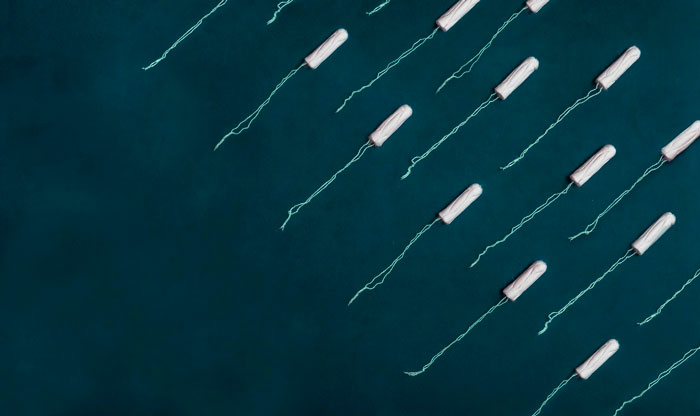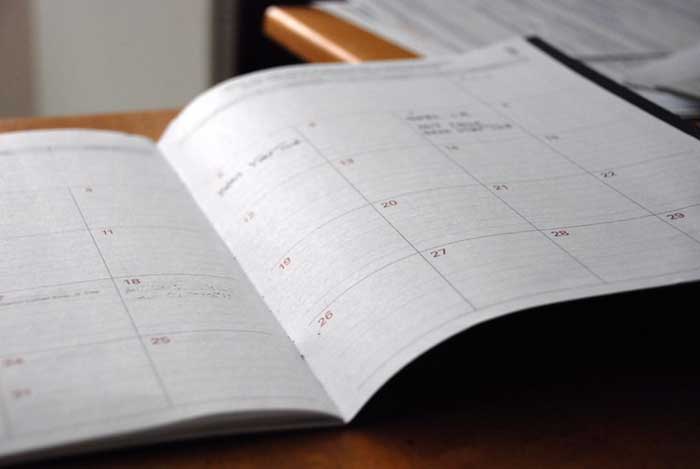When to Expect Your First Period after Pregnancy and Breastfeeding?
When does menstruation resume after childbirth – during breastfeeding or after it is over? What does it depend on?
About 42 days (plus or minus) after the baby appears, postpartum discharge normally disappears (it is called lochia). The menstrual cycle can resume from one month to even one year after the end of postpartum discharge. The restoration of menstruation depends on whether you continue to breastfeed, on how often the baby is breastfed, as well as on the individual characteristics of each woman.
Mechanism of lactational amenorrhea
In medicine, this term is called the absence of menstruation due to breastfeeding. During lactation, the prolactin hormone is produced. It blocks the activity of ovaries – the egg does not mature, and ovulation does not occur.
That is why lactational amenorrhea is sometimes used as a natural (although not very reliable) method of postpartum contraception.
It must be remembered and understood that it is ovulation that occurs first after childbirth and only then menstrual bleeding follows. So, with a “happy” coincidence of circumstances, pregnancy can occur before the resumption of menstruation.
According to the study, period occurs within 12 weeks from the moment of birth in 70% of mums who do not breastfeed.
Breastfeeding menstruation
The menstrual cycle is often restored before the end of the lactation period. This is considered normal – there is no need to stop breastfeeding. Remember: breastfeeding has advantages over other foods for babies because milk contains more than 400 components necessary for the baby’s development.
The research data varies concerning when new mothers end lactational amenorrhea. However, in addition to the individual characteristics of women, all doctors associate the return of menstruation during lactation with the number of feedings and the introduction of complementary foods.
Menstruation can be:
two months after giving birth, if the young mother gives the baby not only breast milk, but also formula milk from a bottle;
following the introduction of complementary foods – from this moment on, the baby’s need for breast milk decreases, the mother’s body receives a signal that it can prepare for a new pregnancy. The World Health Organization (WHO) recommends introducing complementary foods from 6 months.
Menstruation during lactation is also provoked by:
- shortening the duration of feedings;
- skipping night feeds (when the baby starts to sleep all night);
- hormonal contraceptives;
- stress, intoxication, bad ecology.
Does menstruation during breastfeeding affect milk and women’s health?
A number of women notice the child’s restless behavior during breastfeeding, accompanied by menstruation. Showering before feeding can help in this situation.
Contrary to a popular belief, your period does not affect the taste of milk.
In some cases, less milk is produced than usual. But with regular breastfeeding, everything comes back to normal.
In addition to the usual painful sensations, the first days of menstruation after childbirth with breastfeeding are marked by drowsiness.
Menstruation after breastfeeding ends
Menstruation can also come back after the baby is deprived of breastfeeding (that is, even two years after giving birth). This happens if:
the woman regularly breastfeeds (including at night);
the woman has a high level of prolactin content, which will relieve her of menstruation after the introduction of complementary foods.
When does your period start after breastfeeding? Most often, one to two months after the end of breastfeeding. If not, you need to go to the gynecologist. The delay is explained by hormonal disorders, various diseases and the onset of another pregnancy.
Menstrual cycle during lactation: peculiarities
After lactational amenorrhea, the cycle is unstable and uncharacteristic – unlike the usual period, but after a few months it returns to normal.
Menstruation can be:
- longer and more abundant;
- unusually short and scarce;
- with variable cycle times – from 25 to 35 days;
- unnecessarily painful or, on the contrary, without accompanying symptoms.
The above manifestations are considered the norm. However, it is necessary to undergo an examination if:
- the cycle failure lasted for more than six months;
- bleeding lasts less than three and more than seven days;
- the volume of blood loss does not correspond to the norm (more than 80 ml);
- there was intermenstrual discharge.
The timing and characteristics of the resuming menstruation during breastfeeding differ from woman to woman. In order not to worry once again, it is advisable to consult a doctor.




